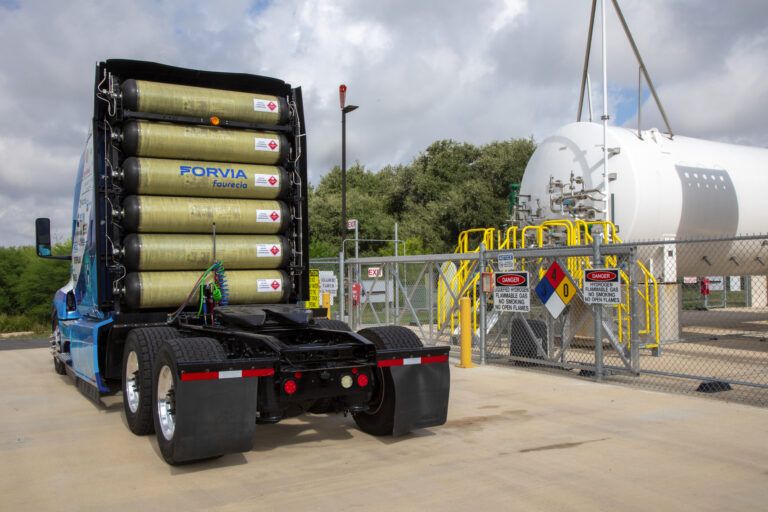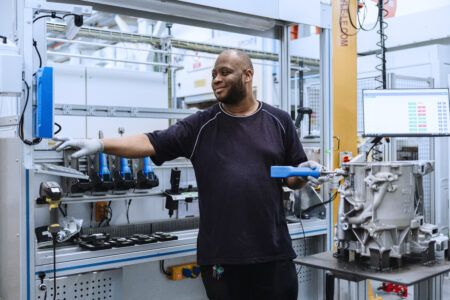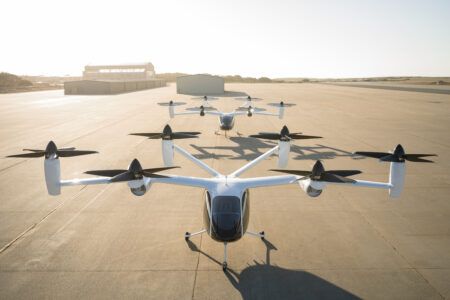Southwest Research Institute in Texas have announced a new joint industry project to advance fueling technologies for hydrogen-powered heavy-duty vehicles, addressing a critical gap in transportation infrastructure.
The four-year initiative, called H2HD REFUEL (Hydrogen Heavy Duty Refueling Equipment and Facilities Utilization Evaluation Laboratory), will focus on improving hydrogen refueling station technologies through experiments, modeling, and theoretical studies.
“There are less than sixty hydrogen refueling stations in the U.S., but only one or two currently exist that can meet the specific needs of heavy-duty hydrogen-powered vehicles,” said Dr. Thomas E. Briggs, Jr., Institute engineer with SwRI’s Powertrain Engineering Division. “Many light-duty hydrogen stations face significant technical challenges, including supply chain issues, mechanical failures, and lack of infrastructure.”
The project brings together vehicle manufacturers, equipment makers, and station operators to develop compatible refueling technologies. Researchers will investigate various storage methods including liquid hydrogen, H70 gas, and cryo-compression, while studying system inefficiencies and hydrogen losses in cryogenic systems.
“Connecting industry stakeholders is vital to developing compatible and reliable hydrogen refueling technologies and associated infrastructure,” said Angel Wileman, the project’s manager from SwRI’s Mechanical Engineering Division. “H2HD REFUEL’s comprehensive approach will ensure that the industry can meet the growing demand for heavy-duty hydrogen vehicles efficiently and safely.”
Project members will gain access to SwRI’s research and hydrogen storage system models, along with opportunities to participate in workshops and bi-annual meetings. The initiative aims to address the significant technology gaps that currently exist, considering the multimillion-dollar investment required per station.
The research will help guide industry decisions on hydrogen infrastructure development as the transportation sector works toward decarbonization and zero-emissions goals.





